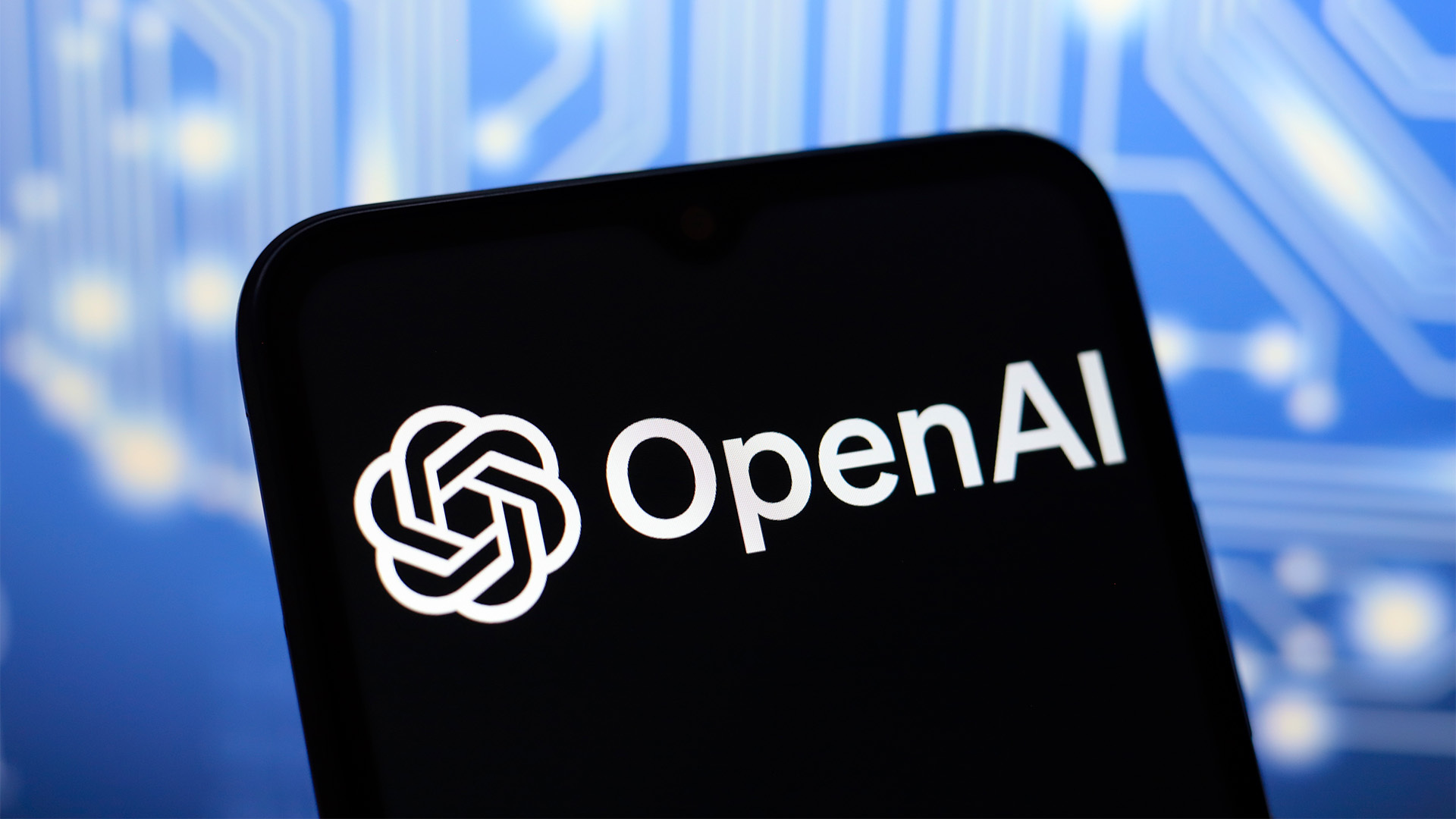OpenAI's For-Profit Transition Plan Draws Criticism
On December 27th, 2024, OpenAI announced its plans to transition from a nonprofit to a for-profit model, with the goal of becoming a Public Benefit Corporation (PBC) by 2025. This move is aimed at attracting more investment and strengthening its competitive position in the rapidly evolving AI landscape. However, this decision has been met with criticism regarding its potential impact on OpenAI's original mission of ensuring that artificial general intelligence (AGI) benefits humanity.

OpenAI's Shift to For-Profit Model
OpenAI's shift from a nonprofit structure, established in 2015, to a for-profit model marks a significant change in its organizational strategy. The company states that this transition is essential to secure the funding needed to achieve its ambitious goal of developing AGI, which is predicted to surpass human intelligence. Earlier, OpenAI's experimentation with ChatGPT Ads drew criticism.
Concerns and Criticisms
The adoption of a PBC structure allows OpenAI to balance shareholder interests with societal benefits, a model already embraced by competitors like Anthropic and xAI. Despite the potential advantages, concerns have been raised by industry observers and competitors. Critics fear that prioritizing profit in the for-profit transition could overshadow OpenAI's original mission. Some legal experts have highlighted that being a PBC does not guarantee the prioritization of public benefit over profit.

Response and Challenges
Elon Musk, a co-founder of OpenAI, has openly criticized the transition, suggesting that it undermines the organization's core goals. In response, OpenAI released a blog post to refute these claims. Additionally, Meta has urged regulatory bodies to block the conversion, fearing a rise in ventures prioritizing profit under the guise of public benefit.
Future Implications
OpenAI's for-profit transition plan encounters challenges such as legal disputes and the need to reassure stakeholders about its commitment to the original mission. CEO Sam Altman emphasizes the critical nature of this transition for the company's survival and growth in an era of substantial AI investments.

As OpenAI embarks on this new phase, the industry and the public closely monitor how the balance between profit and purpose will be maintained. The implications of this shift will be pivotal in shaping OpenAI's journey towards achieving AGI.
For more insights on robotics, AI, and advanced technology, stay updated with the latest tech developments and solutions at Yaabot.




















